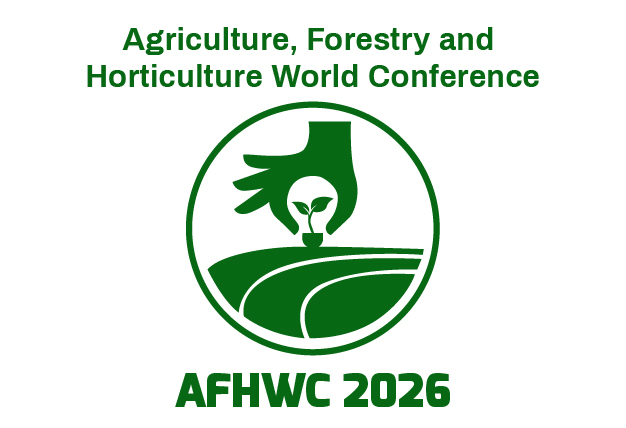Scientific Sessions
Agricultural Entomology and Pest Management
Agriculture entomology deals with the influence of insects in agriculture. It encompasses both destructive and beneficial insects. Detrimental insects are often called pests. Beneficial insects such as small wasps, true bugs, lacewings, and others offer many advantages, such as maintaining soil fertility, plant pollination, seed-dispersing, controlling the pest population, and nutrient management.
Pests on the other hand cause harm to the plants by damaging the plant parts, directly feeding on them, and transmitting plant diseases. A well-known example of the transmittance of diseases through insects is the viral disease that affects sugar beets and potatoes, spread by aphids. Pest management is crucial for preventing crop loss. Scientists have developed several strategies to control and manage pests in agriculture. Integrated Pest Management (IPM) is a worldwide recognized strategy used in sustainable agriculture incorporating various cultural, physical, mechanical, chemical, and biological pest management

